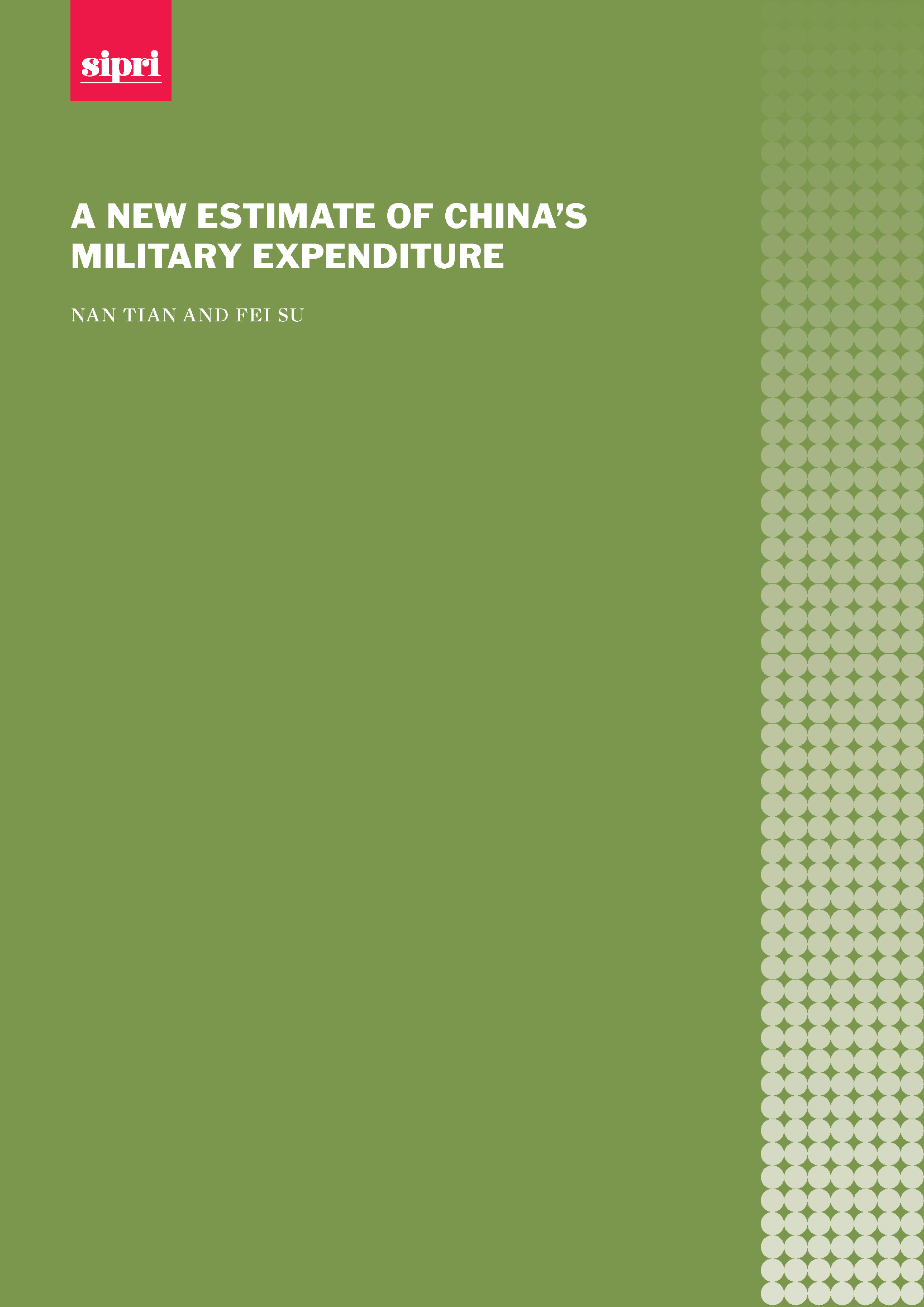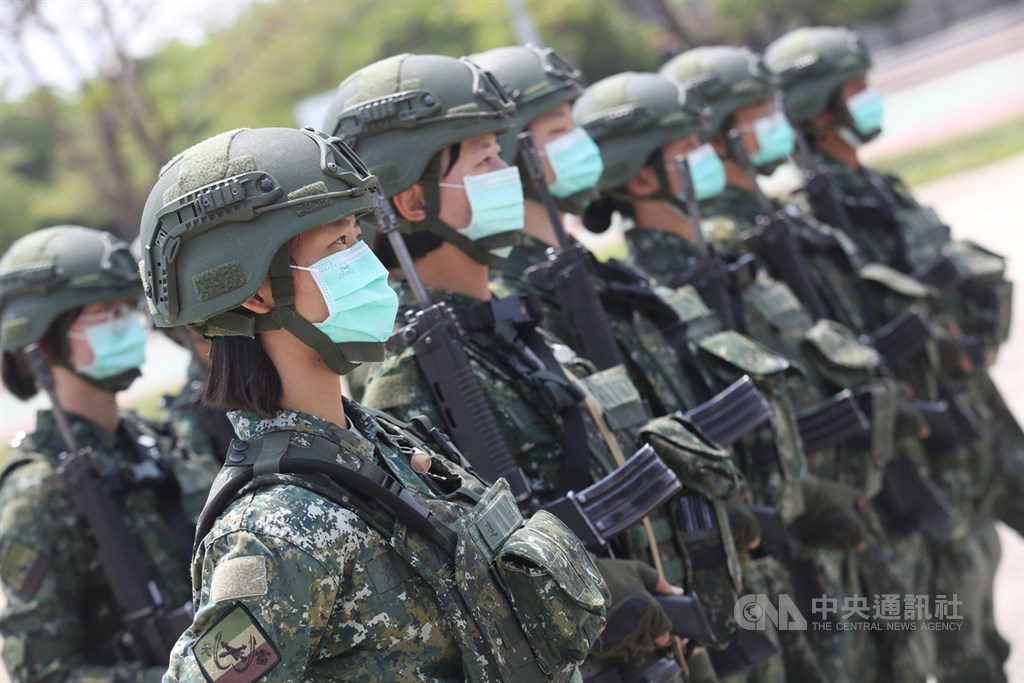A thinking response — Part 3
One, they needed Trump for this to work (which is why Trump is well liked in China). Without Trump, the American NSC establishment and DoD will not over-react or under-react. Which means checkmate for the CCP, at a strategic level — due to the bandwagoning effect by the rest of Asia who have disputes with China — the so called victories in the South China Sea and at the border with India are tactical — and come with a significant geo-strategic cost — moreover these reclaimed islands are not defendable during a hot war, and the land the Chinese gain at the border with India is inhospitable. IMO, a sensible American President like Biden will have enough talent in his team to manage China’s rise.
Two, if only a certain part of China’s policies that need to be encouraged are encouraged, Asia might have an outcome that both the Americans and the Chinese can accept. The US is not a natural enemy of China — the relationship is competitive (but they have a history of cooperation too). If there is wisdom, the two superpowers need not be enemies, rather, they are competitors in certain spheres. Japan, India and Vietnam, on the other hand, are natural traditional enemies of China. If China pushes too hard, they will get a nuclear Japan. They have pushed India from neutral to the enemy camp. They did this about 15 years too early and they made all 3, who share maritime or land borders with China acutely aware of the need to bandwagon with others to counter China’s rise. This will ensure that two of China’s natural enemies, Japan and India will invest in making the quad relevant by dragging in Australia and the US; and Vietnam will fall out of China’s orbit, in geo-political terms.
Three, a weak willed American President will result in a nuclear Korea and Japan; which may not be better for a US partner country like Singapore or an US ally like Australia. China’s rise under this condition only creates more instability; and China needs some level of stability to continue to grow.
5. Yes, it is possible but we need more data to make that call. It will take some time for this trend to be obvious.It is an interesting argument and it could be an alternative to backing the PRC into a corner where it does lash out. Under this scenario, it would eventually fold under its own inertia and weight because other nations would buy less of its products, and as its exports drop its economy suffers. That will create problems for the CCP that it may not be able to talk its way out of.
6. While I do not have enough data on China’s actions to be certain, I can share three inchoate thoughts, to give flavour to my line of thinking and reasoning:You also made a point point about how the wolf warrior diplomacy is backfiring. Maybe it could have worked if a cowardly politician became US President, but if the occupant of the Oval Office has even a moderate amount of backbone most countries were more likely to react negatively.
One, they needed Trump for this to work (which is why Trump is well liked in China). Without Trump, the American NSC establishment and DoD will not over-react or under-react. Which means checkmate for the CCP, at a strategic level — due to the bandwagoning effect by the rest of Asia who have disputes with China — the so called victories in the South China Sea and at the border with India are tactical — and come with a significant geo-strategic cost — moreover these reclaimed islands are not defendable during a hot war, and the land the Chinese gain at the border with India is inhospitable. IMO, a sensible American President like Biden will have enough talent in his team to manage China’s rise.
Two, if only a certain part of China’s policies that need to be encouraged are encouraged, Asia might have an outcome that both the Americans and the Chinese can accept. The US is not a natural enemy of China — the relationship is competitive (but they have a history of cooperation too). If there is wisdom, the two superpowers need not be enemies, rather, they are competitors in certain spheres. Japan, India and Vietnam, on the other hand, are natural traditional enemies of China. If China pushes too hard, they will get a nuclear Japan. They have pushed India from neutral to the enemy camp. They did this about 15 years too early and they made all 3, who share maritime or land borders with China acutely aware of the need to bandwagon with others to counter China’s rise. This will ensure that two of China’s natural enemies, Japan and India will invest in making the quad relevant by dragging in Australia and the US; and Vietnam will fall out of China’s orbit, in geo-political terms.
Three, a weak willed American President will result in a nuclear Korea and Japan; which may not be better for a US partner country like Singapore or an US ally like Australia. China’s rise under this condition only creates more instability; and China needs some level of stability to continue to grow.
Last edited:






